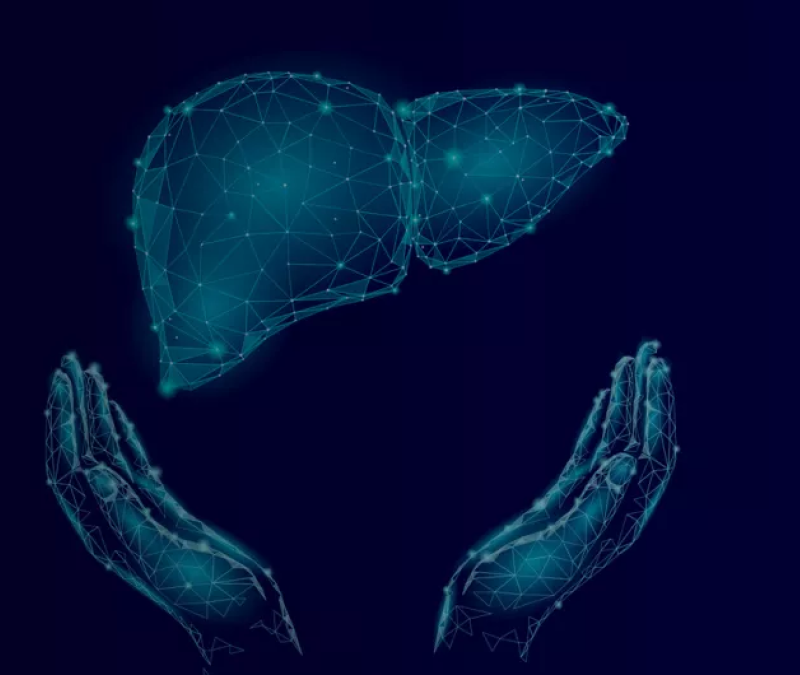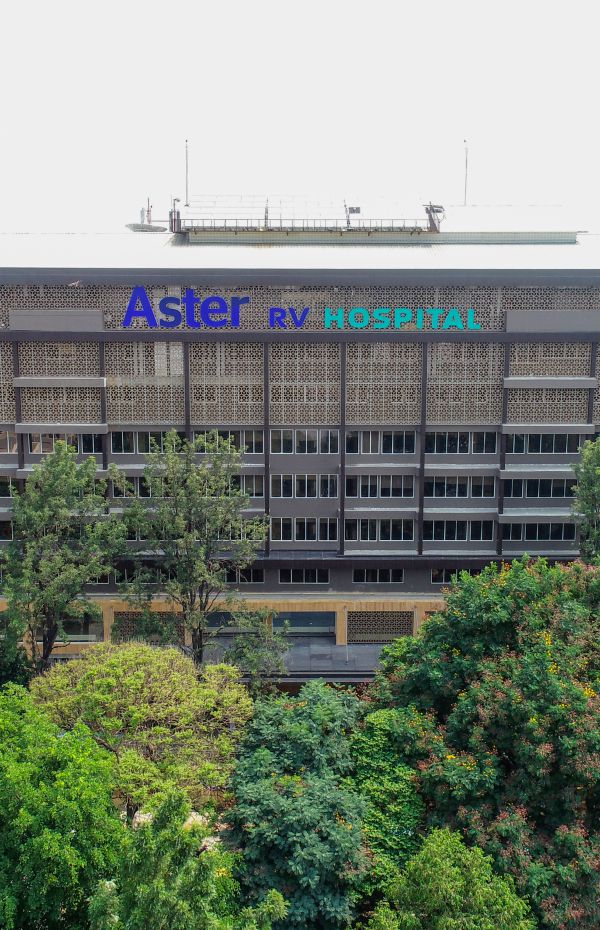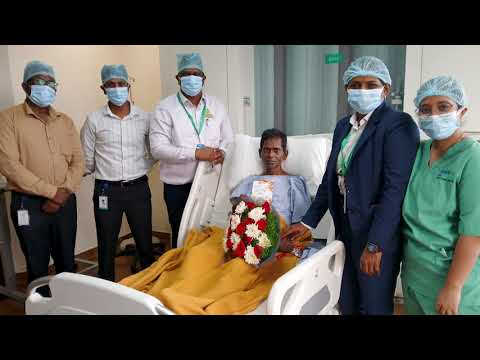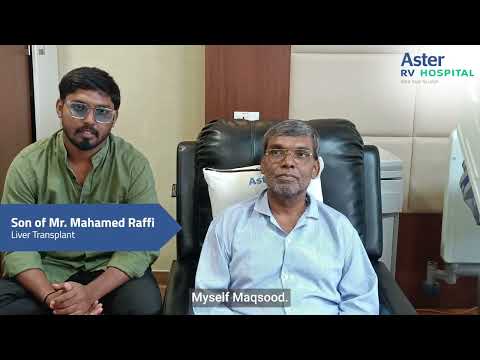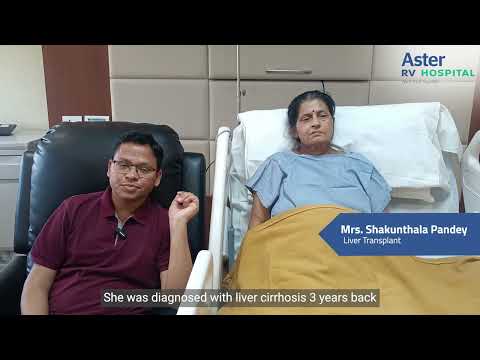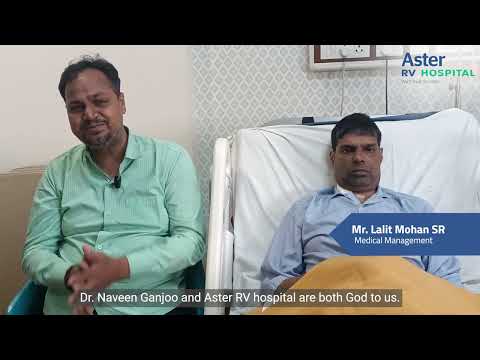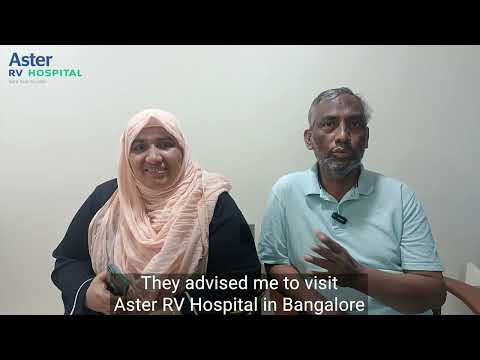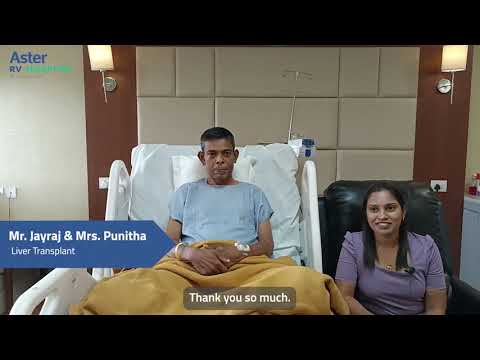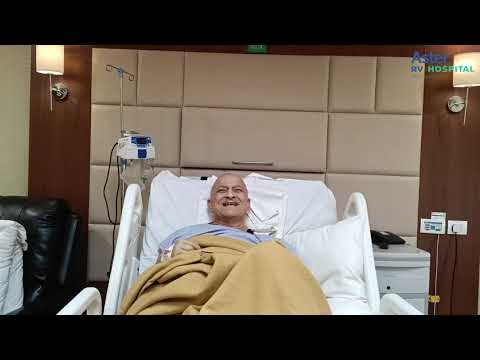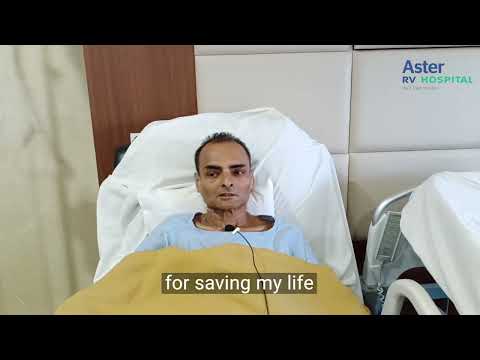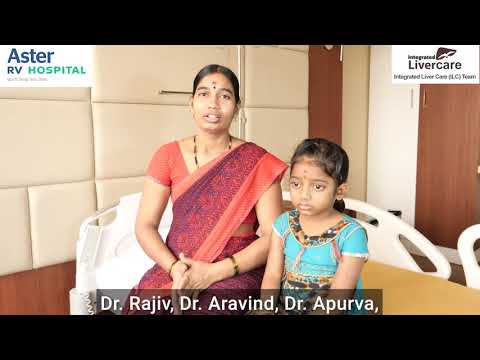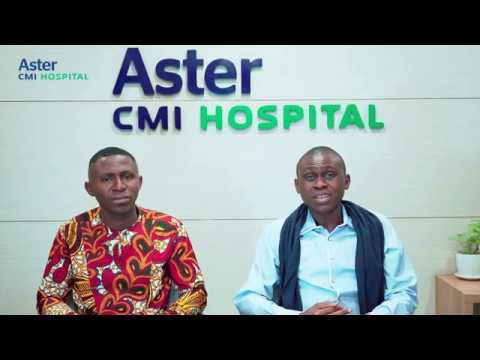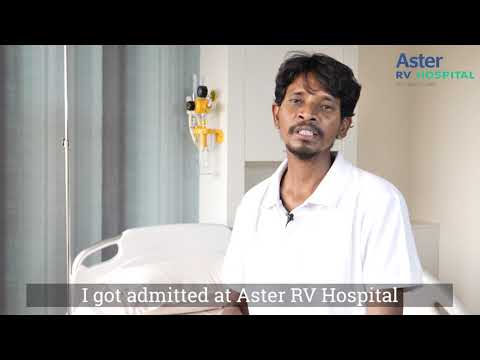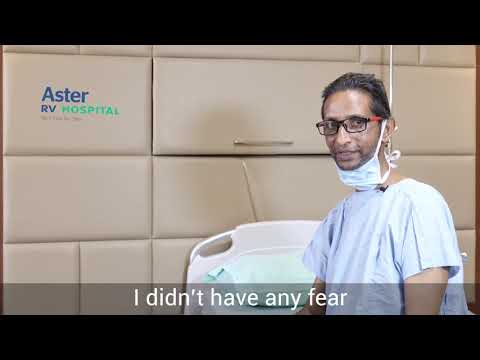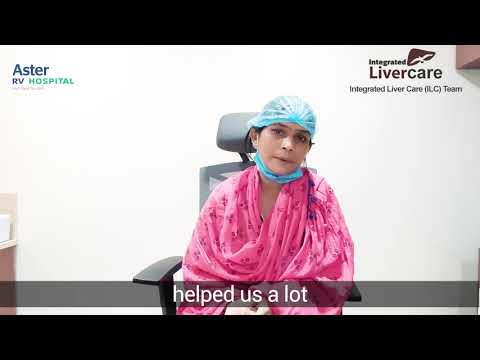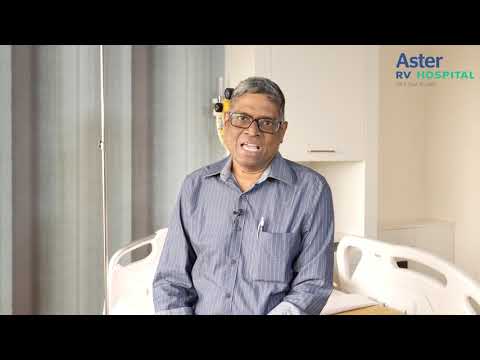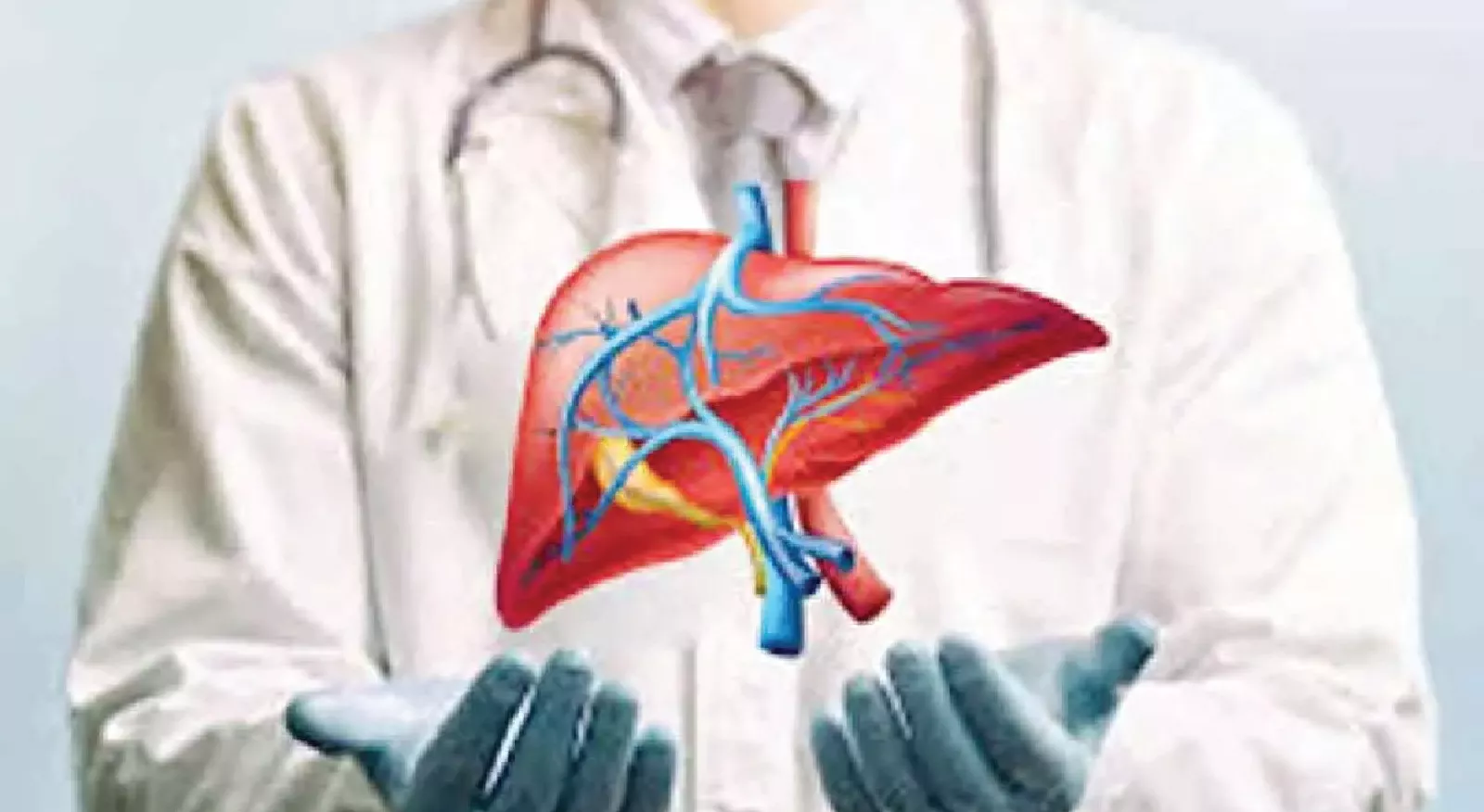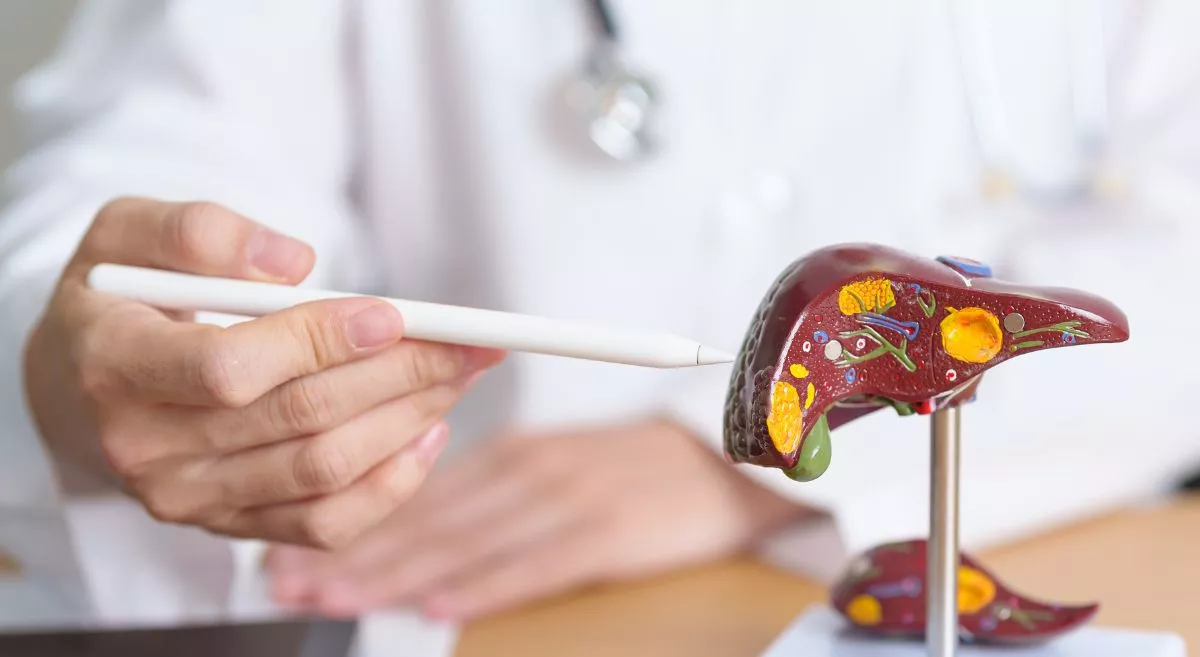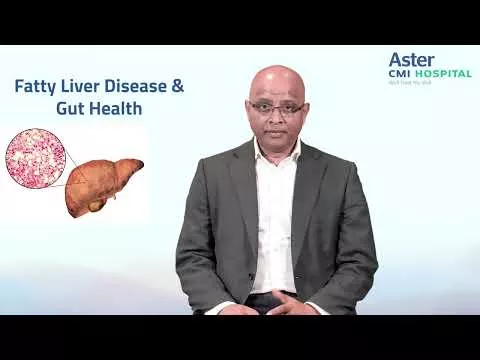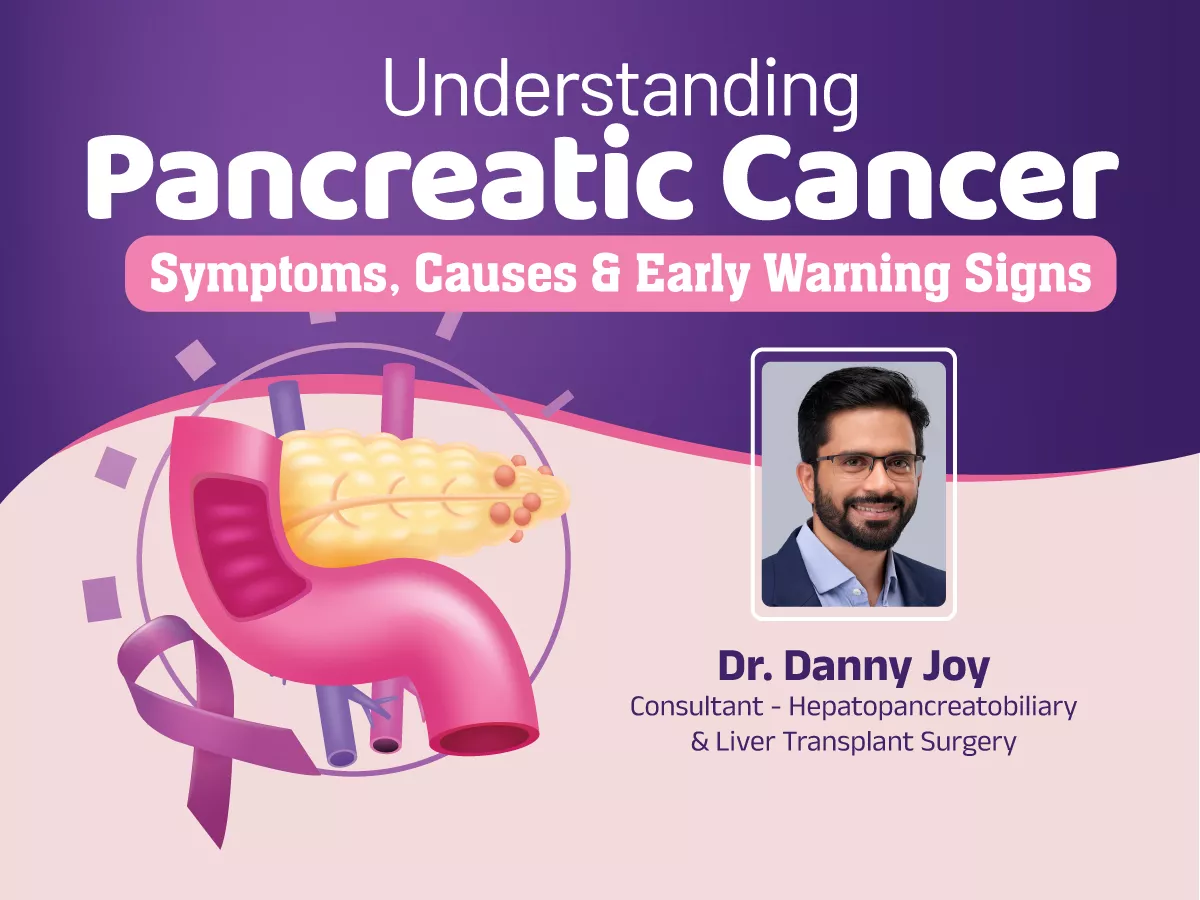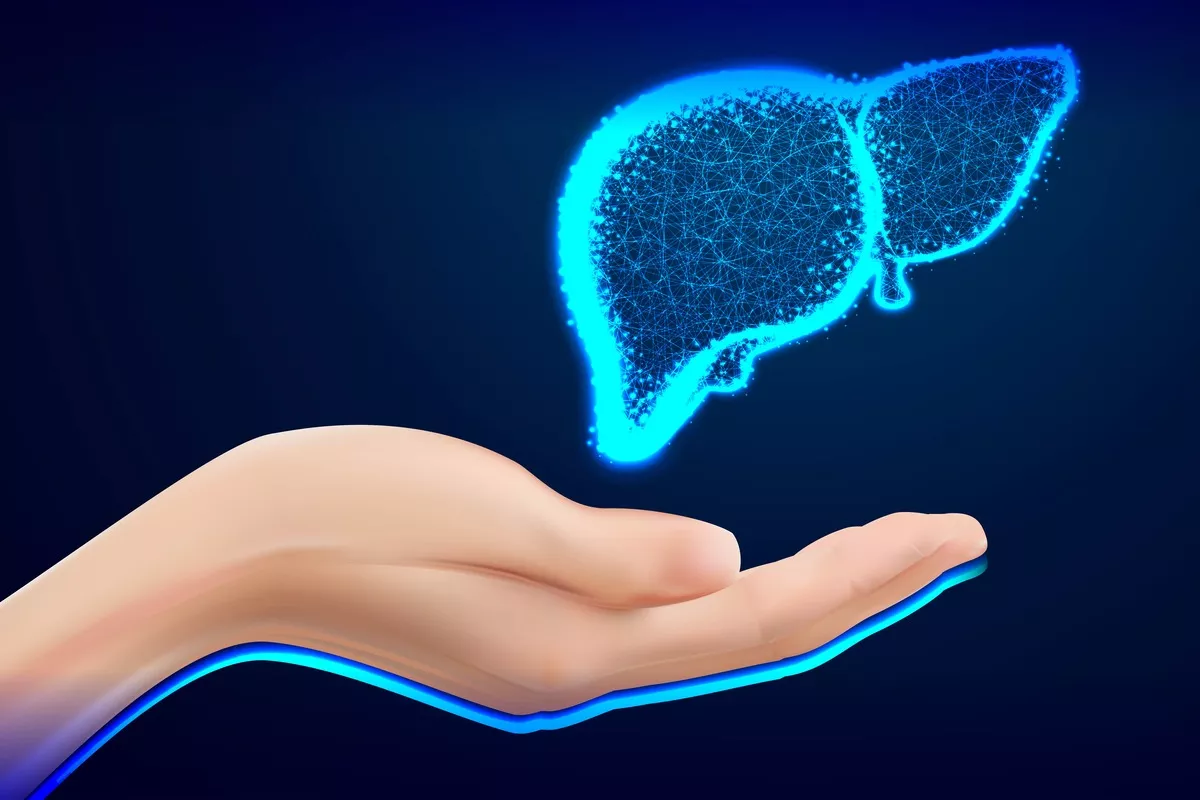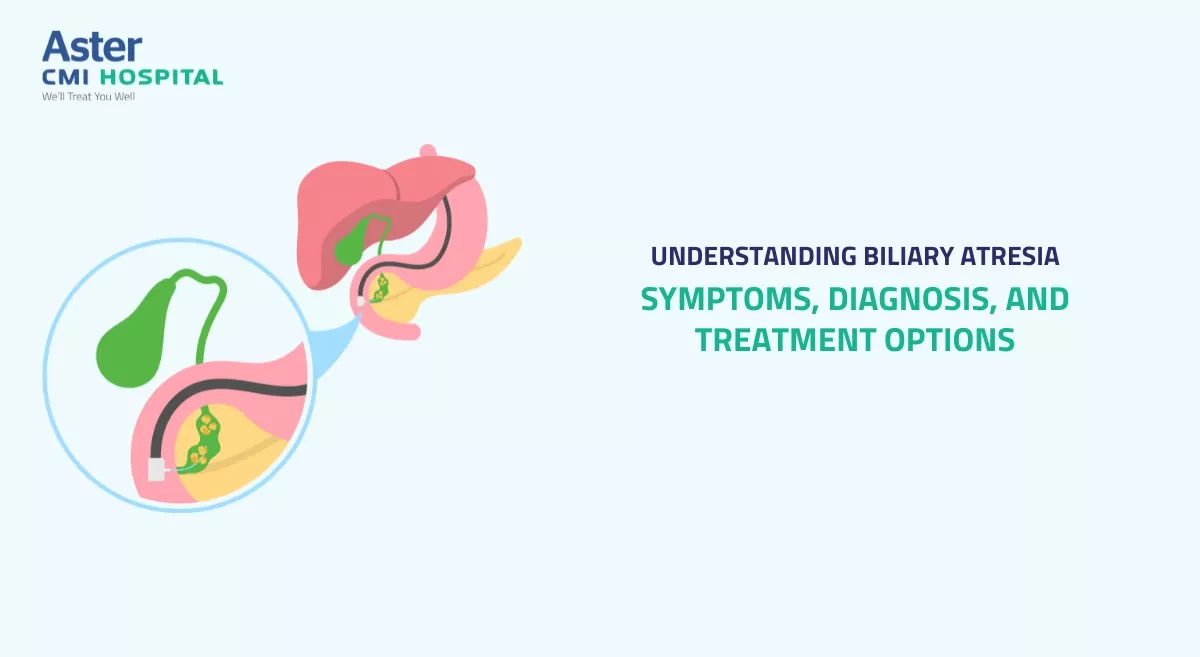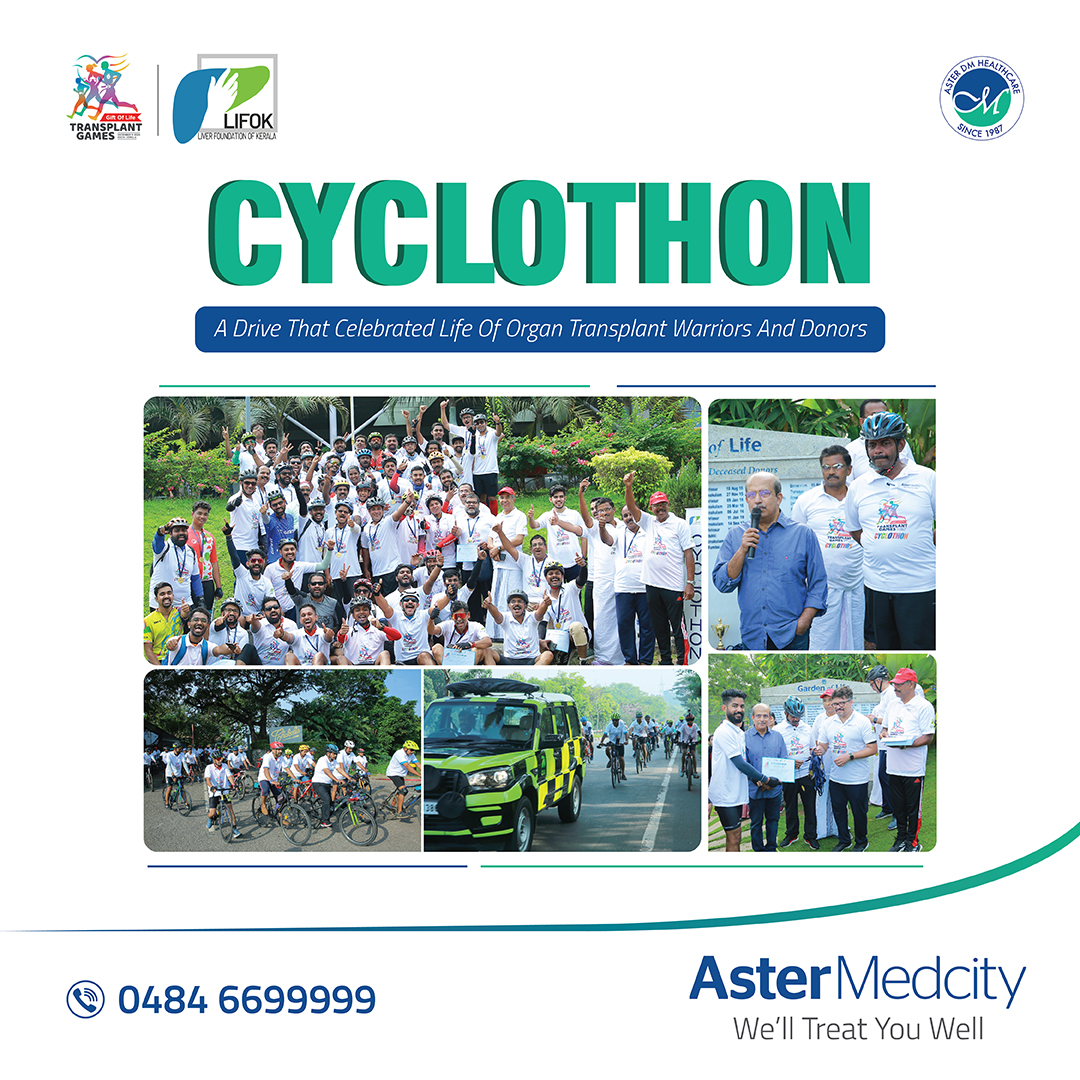The Integrated Liver Care (ILC) Centre of Excellence (CoE) at Aster Hospitals provide complete care for patients with all the aspects of a liver ailment ranging from medical care, complex liver and pancreas resections, interventional radiology procedures, including robotic hepatectomy and the complete range of both paediatric and adult liver transplant. The department of Integrated Liver Care consists of leading liver transplant surgeons, liver specialist doctors, and the entire team to attend cases with complex liver conditions. Each member in the team are trained at some of the top hospitals specialising in liver treatment abroad and are experts in hepato-pancreato biliary and abdominalmulti-organ transplant surgeries.
The department of ILC at Aster is a one stop destination for a patient suffering from any tupes of liver condition. Aster Hosptials ILC department is equipped with modern infrastructure, dedicated Liver ward, transplant ICU, single and double rooms, the Advanced Therapeutic Endoscopy unit (ERCP, EUS), and MARS Liver dialysis unit. Also, all non-transplant patients can get advantaged from a large ICU.
Our Doctors
We have some of the best specialists from around the world, they bring years of experience and offer evidence-based treatment to ensure the best care for you.
Advanced Technology & Facilities
Well equipped with the latest medical equipment, modern technology & infrastructure, Aster Hospital is one of the best hospitals in India.
- Thorough medical assessment for patients with complex liver diseases
- Specialized care for pediatric liver transplantation
- Intensive care for individuals with acute liver failure.
- Liver transplantation, encompassing live donor, deceased donor, and split liver procedures
- Autoimmune Liver Disorders
- Viral Hepatitis Management
- Chronic Liver Disease Clinic
- Post-Liver Transplant Care and Follow-up
24/7 neuro trauma & critical care
Dedicated Neuro ICUs
Carotid ultrasound and transcranial doppler
Diagnostic cerebral angiography
Thrombolysis and mechanical thrombectomy for stroke
Angioplasty and stent for stroke management
Inpatient electrophysiological procedures including: Long-term video EEG Invasive intracranial monitoring Sleep lab Nerve conduction and evoked potential studies (somatosensory, motor, visual & auditory) Intraoperative electrophysiology
- Utilization of Advanced 3D Imaging
- Portal Vein Embolization
- Implementation of Percutaneous Transhepatic Biliary Drainage and Stenting for Biliary Strictures
- Physical Therapy
- Occupational Therapy
- Support, Deaddiction, and Rehabilitation for Substance Abuse
Medical evaluation of patients with complex liver disease
Management of patients with cirrhosis, end stage liver disease and liver failure
Intensive care management of acute liver failure
Liver pathology
Patient Stories
Our patients are our best advocates, hear the inspiring stories of their treatment journey
Blogs
The source of trustworthy health and medical information. Through this section, we provide research-based health information, and all that is happening in Aster Hospital.
News & Events
Stay updated with the latest happenings at Aster Hospitals. Explore our News and Events section for insightful articles, health tips, upcoming events, and noteworthy achievements.

